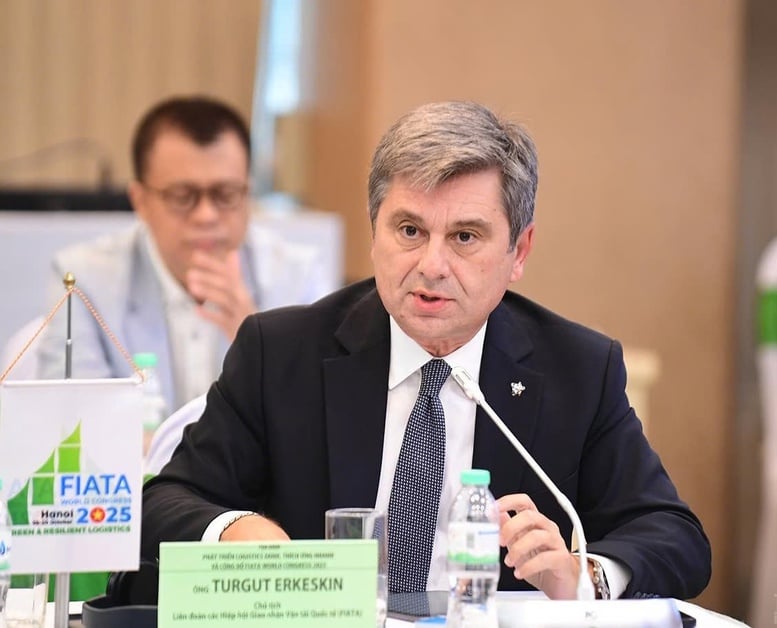
Mr. Turgut Erkeskin, President of the International Federation of Freight Forwarders Associations (FIATA)
This is the opinion of Mr. Turgut Erkeskin, President of the International Federation of Freight Forwarders and Transport Associations (FIATA) when talking to the Government E-newspaper before the upcoming FIATA World Congress 2025 in Hanoi with the theme "Green Logistics, Fast Adaptation" which is expected to be an important turning point.
Many forces for green transition
According to Turgut Erkeskin, President of the International Federation of Freight Forwarders Associations (FIATA), the trend towards green logistics is becoming central to environmental policies, regulatory requirements and business advantages. In fact, the pressure to transform is not only coming from governments but also from consumer expectations, technological advances and global investment trends.
First, regulatory frameworks are tightening globally. Governments and international organizations have introduced ambitious emissions reduction targets, carbon pricing mechanisms, and policies to support green shipping. Initiatives such as the EU’s Fit for 55 Package, the International Maritime Organization’s (IMO) climate strategy, and numerous national plans are putting strong pressure on the logistics industry to change.
Second, customer and shipper behavior has changed dramatically. They not only demand efficiency but also environmental responsibility from logistics units. ESG (environmental, social and governance) standards are now one of the bases for evaluating and selecting partners. Therefore, sustainability is no longer a supplementary factor but has become a basic requirement in the industry.
Next, technology and digital transformation also play a vital role. With the rapid development of electric vehicles, hydrogen vehicles, sustainable aviation fuels and smart logistics management platforms, the implementation of green solutions is becoming more feasible. Digital tools, especially artificial intelligence, are helping to optimize transportation, monitor emissions and use resources more efficiently.
Not only that, investors are also looking towards environmentally friendly businesses. Green financial instruments such as sustainable bonds, green loans, etc. are becoming more popular. Businesses with clear emission reduction plans are often considered to be less risky and have a long-term development strategy.
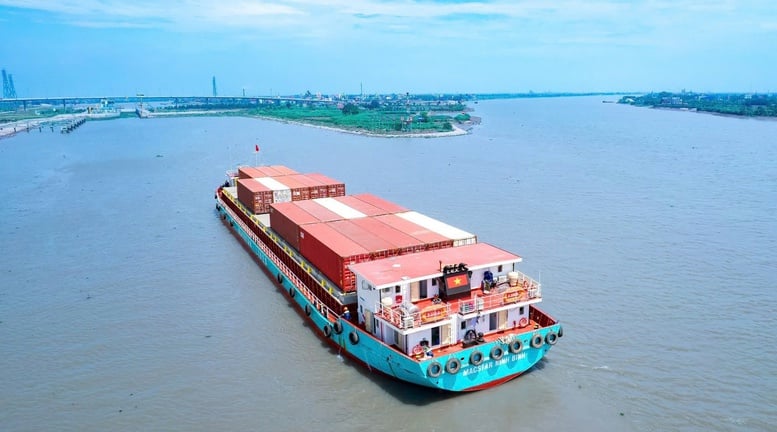
Vietnamese businesses are promoting green shipping routes: Macstar Lines ships run the Ninh Binh - Hai Phong waterway route
Challenges from disparity and infrastructure
Despite the great opportunities, Mr. Turgut Erkeskin also noted that the global logistics industry still faces many barriers. One of the biggest difficulties is the disparity in readiness between regions and between types of enterprises. In particular, small and medium-sized enterprises in developing economies often lack capital, technology and well-trained human resources to make the green transition.
In addition, infrastructure remains a problem. In many places, electric vehicle charging stations or alternative fueling networks have yet to meet development requirements. Furthermore, the standardization of emissions data and the development of global reporting tools are incomplete, making it difficult to monitor and evaluate green transition progress.
Another major challenge is the implementation of multimodal transport. While this strategy can significantly reduce emissions by shifting freight to rail, waterways or nearshore, it requires integrated infrastructure, unified regulations and cross-border interoperability. In many countries, multimodal transport systems are still in the process of being developed.
According to FIATA, for the transition to leave no one behind, there is a need for cooperation, knowledge sharing, technical assistance and the development of international frameworks that are consistent with both environmental goals and business performance.
Responding to a question about specific solutions at the global level, Mr. Turgut Erkeskin said that FIATA is pursuing a green logistics transformation roadmap based on multilateral cooperation, in which businesses of all sizes and countries can participate.
The first is harmonization of emissions measurement and reporting frameworks. Without standard indicators, it is difficult to assess compliance or build trust in the supply chain. FIATA is currently supporting the development of a global carbon accounting methodology and promoting digital tools for emissions tracking – particularly useful for small and medium-sized enterprises.
Second, FIATA promotes multimodal transport in cooperation with organizations such as UNECE and the WCO, to enhance interoperability between transport modes, digitize documents and simplify border procedures. A prime example is the FIATA electronic bill of lading (eFBL), which is negotiable, reducing paperwork, saving costs and reducing the environmental footprint.
Third is capacity building through training. FIATA organizes a number of specialized training programs in collaboration with its national member associations. The training focuses on green practices, from emissions reporting to operating smart logistics processes.
In addition, FIATA is promoting the integration of environmental factors in international trade policy – such as incentives for low-emission transport, green corridors, ESG standards in transport and customs.
A key focus of FIATA’s strategy is its role as a multilateral partner. FIATA is working with organizations such as IMO, UNCTAD, UNECE, and WCO to ensure that the global logistics industry can move towards green, sustainable, and inclusive growth.
FIATA accompanies Vietnam on its transformation journey
According to Mr. Turgut Erkeskin, Vietnam’s concrete commitments and actions – such as the National Green Growth Strategy and the Action Plan for Energy Transition in Transport – are evidence of the right strategic awareness. Vietnam not only sets targets for emission reduction but also actively implements policies on multimodal transport, encourages the use of clean technology and digitalizes the system.
As an international organization representing the global logistics industry, FIATA is committed to supporting Vietnam in many aspects.
First, Mr. Turgut Erkeskin said that FIATA has the strength to train and develop human resources for green logistics. FIATA can provide certificates, training modules, and support localization of content through member associations in Vietnam. Thereby, forming a professional workforce capable of operating sustainable logistics at all levels.
Second, FIATA can support Vietnam in implementing electronic transport documents, reducing paperwork, cutting costs and improving environmental efficiency.
Third, FIATA is ready to cooperate in developing multimodal transport systems. As a regional hub, Vietnam needs to make the most of its railways, seaports and inland transport. Improving connectivity and simplifying border procedures will help enhance regional competitiveness.
Fourth, through policy dialogue channels, FIATA can help Vietnam's voice be heard more in the international arena, thereby promoting harmonization of standards and synchronization of sustainable policies.
Fifth, FIATA pays special attention to supporting small and medium-sized enterprises in Vietnam. With a large proportion of the domestic logistics industry, these enterprises need to be provided with appropriate tools and guidance, saving costs while still ensuring compliance with international environmental standards.
The upcoming FIATA World Congress 2025 in Hanoi with the theme "Green, Adaptive Logistics" is not only an industry event but also a "catalyst" to promote transformation, connect global knowledge and increase cooperation opportunities. In particular, Vietnamese enterprises will have the opportunity to access green technology, policy trends, ESG standards and more efficient operational solutions. In the context of the global market reshaping towards sustainable development, green logistics is not only an option but also a prerequisite to maintain position and competitiveness.
Mr. Minh
Source: https://baochinhphu.vn/viet-nam-chu-dong-lo-trinh-chuyen-doi-logistics-ben-vung-102250616220114546.htm










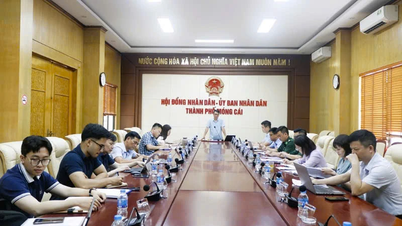



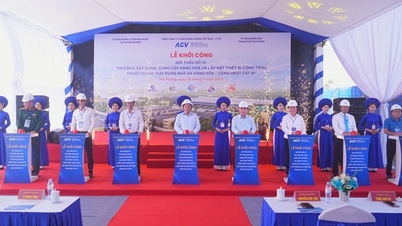



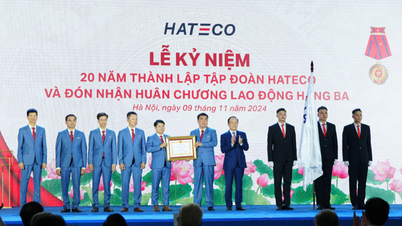




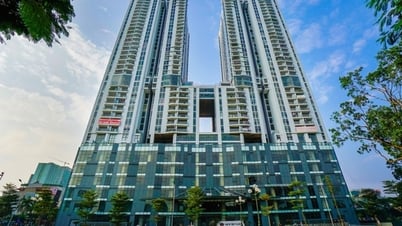
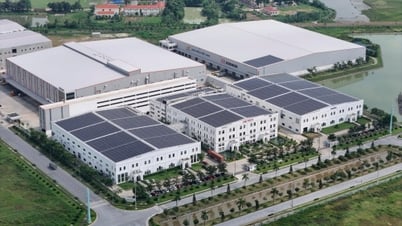

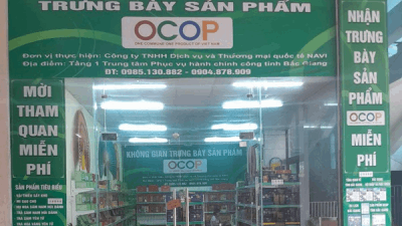





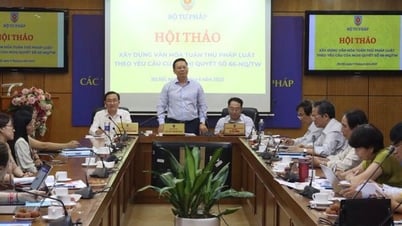
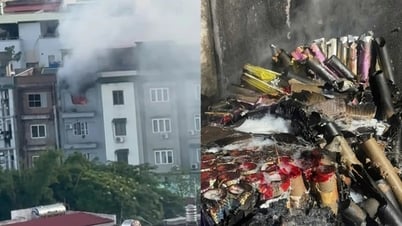
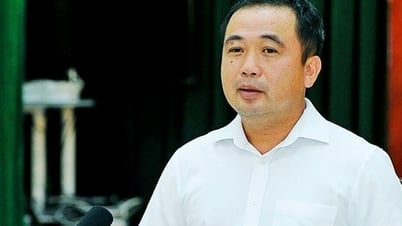
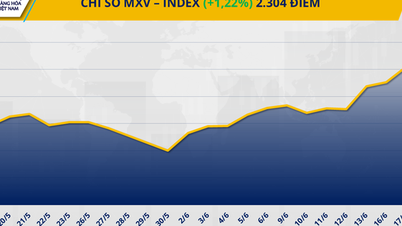
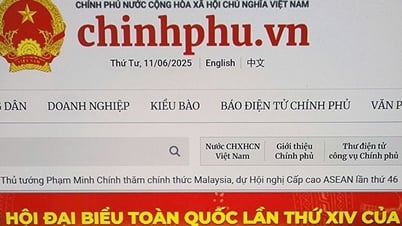


















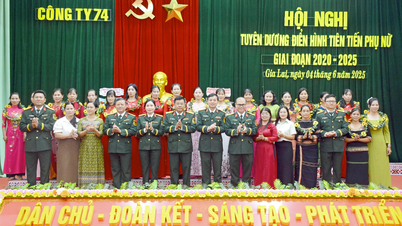



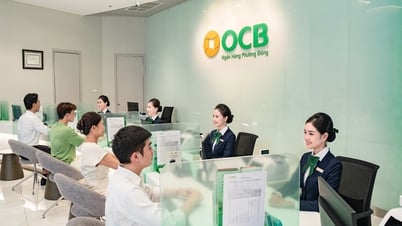
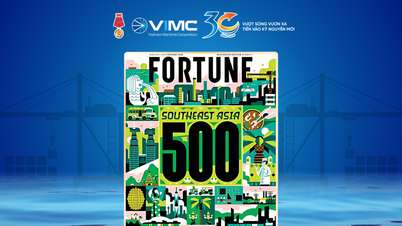
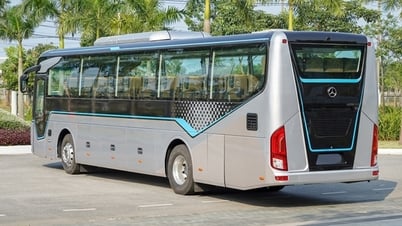
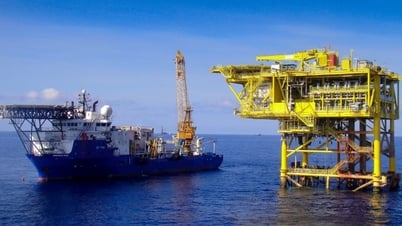
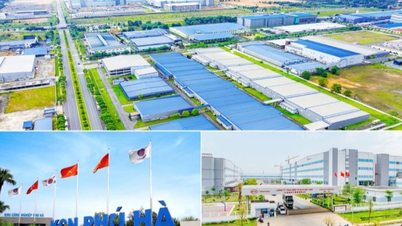





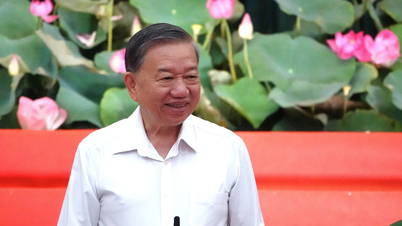
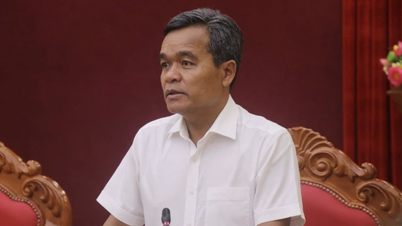
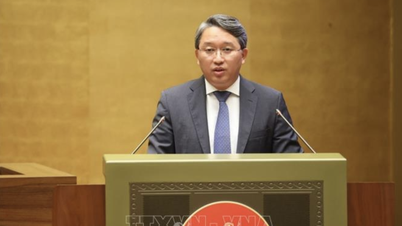



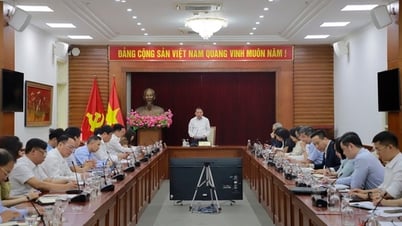
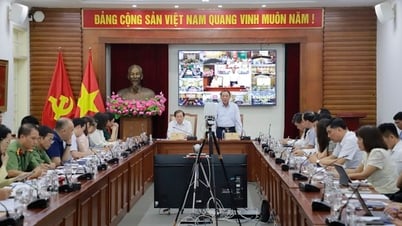

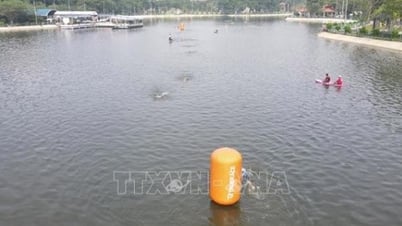
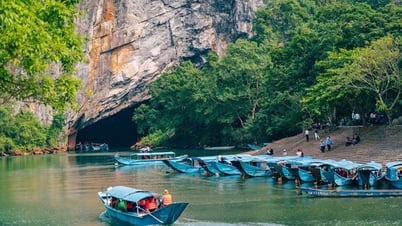
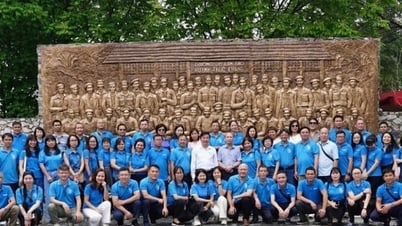

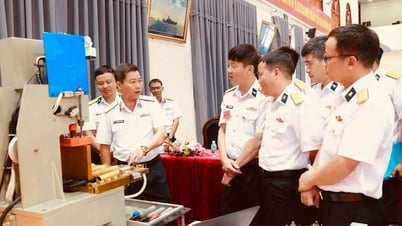



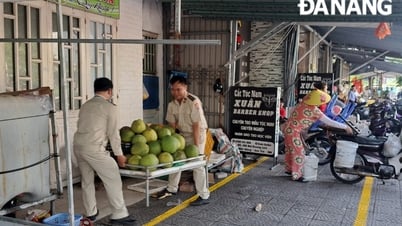

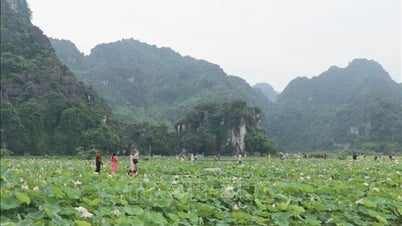

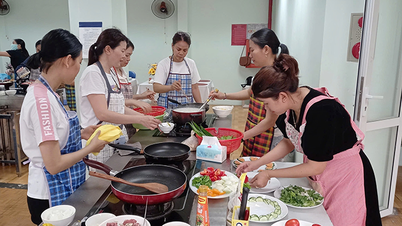














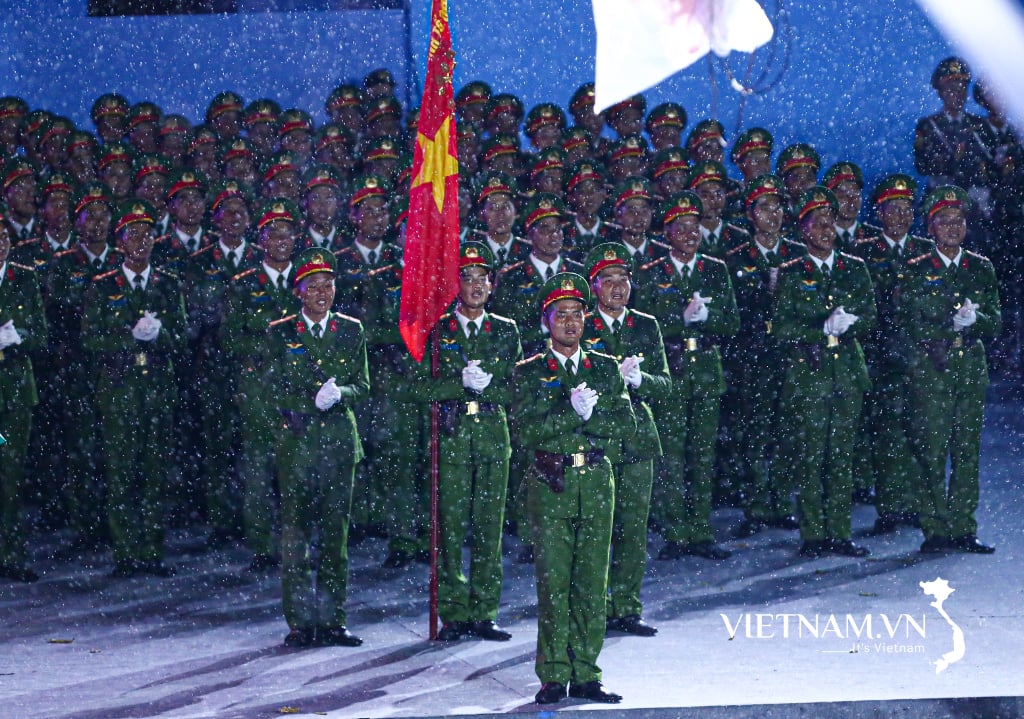


Comment (0)